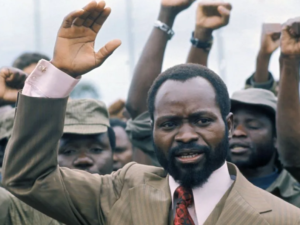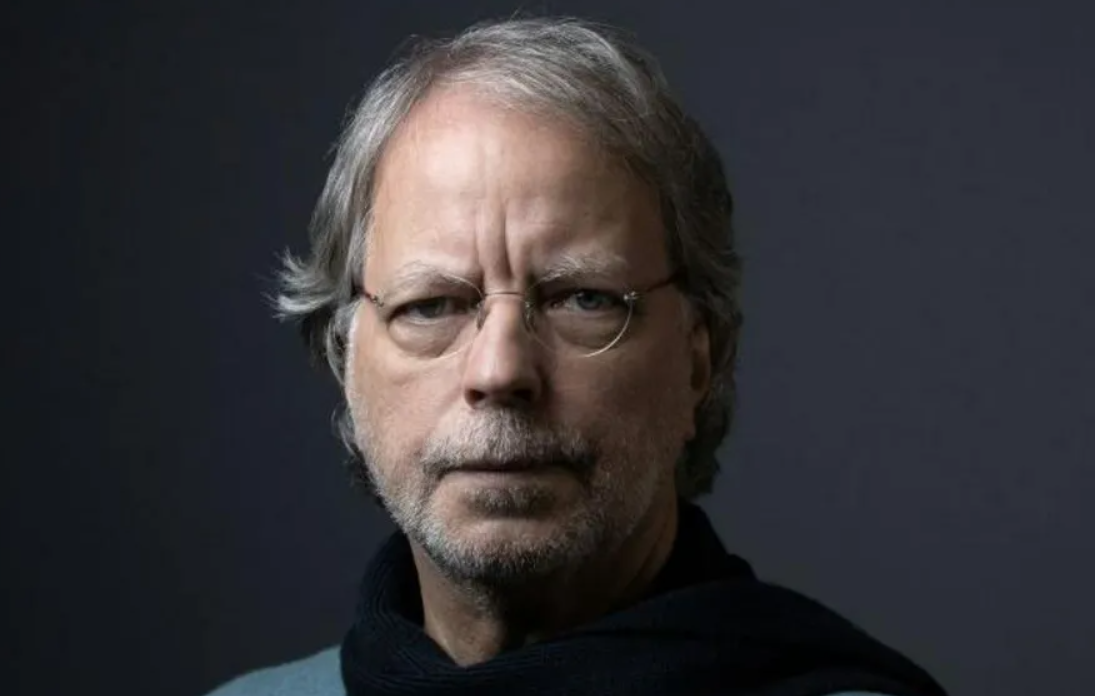Despite his largely European ancestry, the world-renowned poet and writer Mia Couto identifies as African. The complex themes of identity, colonialism, and the struggle for freedom are woven into Couto’s drama, which begins in 1955 in the coastal city of Beira in Mozambique.
Couto’s parents, who are of Portuguese origin, escaped from Antonio Salazar’s authoritarian rule and eventually migrated in Mozambique in 1953. As a child living in a colonial society, Couto saw firsthand the racial and socioeconomic gaps that existed. He never required anybody to explain these divides; the affluent and poor, as well as whites and blacks, were always clearly obvious.
Couto struggled with social anxiety and shyness as a kid, making it hard for him to speak up in any setting. His father was a poet and journalist, and he grew up with a passion for literature. As a means of expressing himself and connecting with people, writing became Couto’s haven. The way he put it, his connection with writing was like having a secret conversation with an imaginary loved one who could tell him, “You exist.”
Couto felt a stronger connection to the “assimilados,” a population of Black Mozambicans deemed “civilized” enough to be granted citizenship by the Portuguese colonial government despite the fact that he was born in Europe. Through this link, he was able to immerse himself in the Black community and pick up some of their languages. While outside of Mozambique, Couto only distinctly remembers being white; he rarely encountered this facet of his identity while in the country. Nonetheless, he was aware of the advantages and disadvantages associated with his ethnicity from an early age. A sense of moral obligation compelled him to oppose the colonial regime after he realized its abuses.
As the resistance to Portuguese control grew, Couto, then ten years old, embarked on a path that would lead him into the anti-colonial battle. Couto began penning poems for an anti-colonial journal when she was just seventeen years old. He had an unforgettable encounter with the leader of the liberation movement, Frelimo, because he wanted to join it. Couto discovered that his relatively fortunate background distinguished him in a room full of people describing their struggles and motivations for joining the cause. His poems had already attracted the attention of Frelimo’s leaders, and despite his emotional breakdown and subsequent difficulty speaking, he was eventually admitted into the movement.

Samora Machel was among the Mozambican leaders who inspired people like Mia Cuto to join the independence struggle
Couto kept working as a journalist after Mozambique gained independence from Portugal in 1975. A watershed moment in his life, though, came in 1986 with the passing of Samora Machel, Mozambique’s first president. Couto opted to depart from the movement and seek education in the biological sciences after becoming disillusioned with Frelimo’s leadership. Even now, people take notice of his work as an ecologist who focuses on coastal regions.
Although Couto shifted his attention to science, he never let go of his passion for writing. His literary output eventually included novels, short stories, and poems. Inspired by the civil conflict that ensued in Mozambique after the country gained its independence, his 1992 debut novel, “Sleepwalking Land,” is a magical realist piece. From 1977 to 1992, this bloody war raged on, fueled by outside forces like the white minority government of South Africa and Western countries. An instant hit, “Sleepwalking Land” went on to be named by the Zimbabwe International Book Fair as one of the top 12 African books of the twentieth century. A prominent figure in African literature, Couto has seen his work translated into more than thirty-three languages.
In his latter works, Couto persisted in delving into topics like colonialism, conflict, and the resiliency of the Mozambican people. In an effort to convey the intricate relationship between the visible and invisible, the living and the dead, in African culture, his works frequently explore mystical aspects derived from religion, mythology, and witchcraft. The Portuguese-speaking globe, which includes Angola, Cape Verde, Sao Tome, Brazil, and Portugal, has praised Couto for his ability to express these dimensions.
The most important literary honor for writers working in Portuguese was bestowed upon Couto in 2013 when he received the esteemed Camões Prize. The Nobel Prize in Literature’s forerunner, the Neustadt International Prize for Literature, was bestowed upon him the following year.
Because Africa is so diverse, Couto admits that his paintings do not capture the essence of contemporary Africa. Colonial languages such as French, English, and Portuguese, he says, have divided African states and erected cultural and linguistic boundaries. His position is that African writers should stop seeking approval from outside their own continent and start building bridges across it. Couto bemoans the fact that African artists fail to honor their ancestry and the profound spiritual ties they share with it, rather than focusing on the beauty and depth of their own civilizations.
As he considers the current situation of African writing, Couto stresses the value of empathy and attentive listening. Not only should young writers listen to others’ views online, but they should also make an effort to engage with people on a personal level and learn about alternative points of view. He thinks that fictional characters represent parts of readers that they may not have realized they possessed.
As a story of how words can shape identity and resistance, Mia Couto’s rise from a timid youngster in colonial Mozambique to a poet and writer of international renown is inspiring. His writings have stood the test of time because they shed light on the intricacies of African culture and the resilience of the human spirit.



















